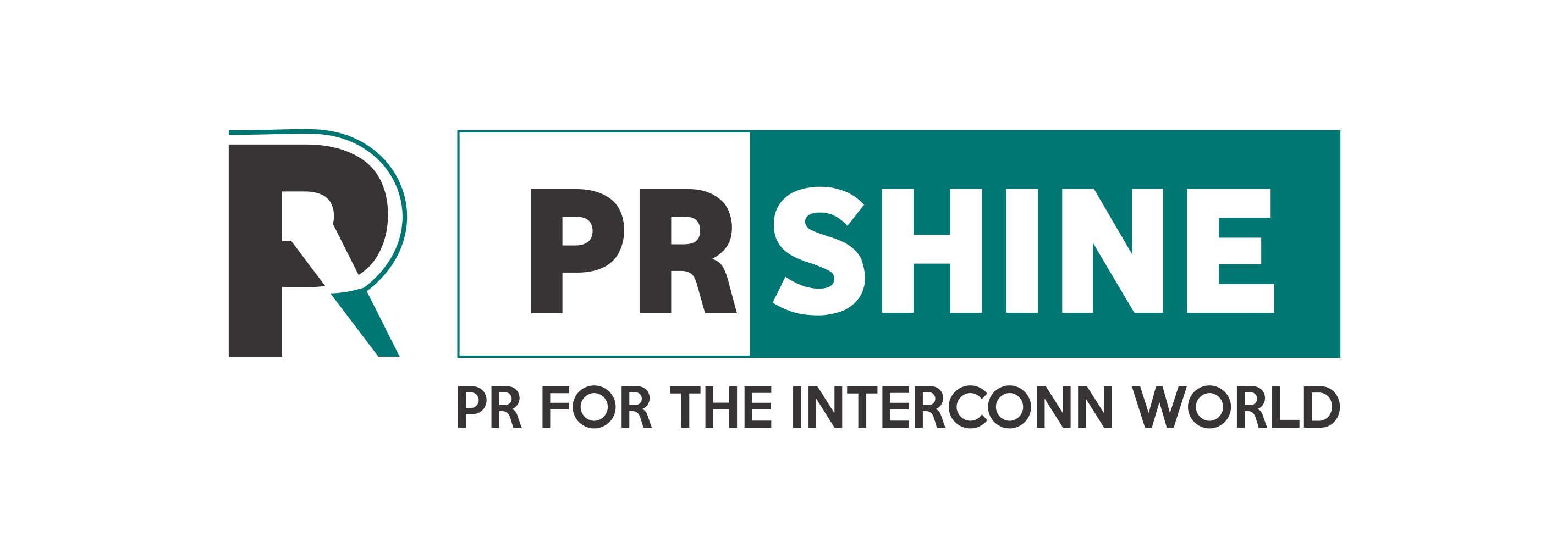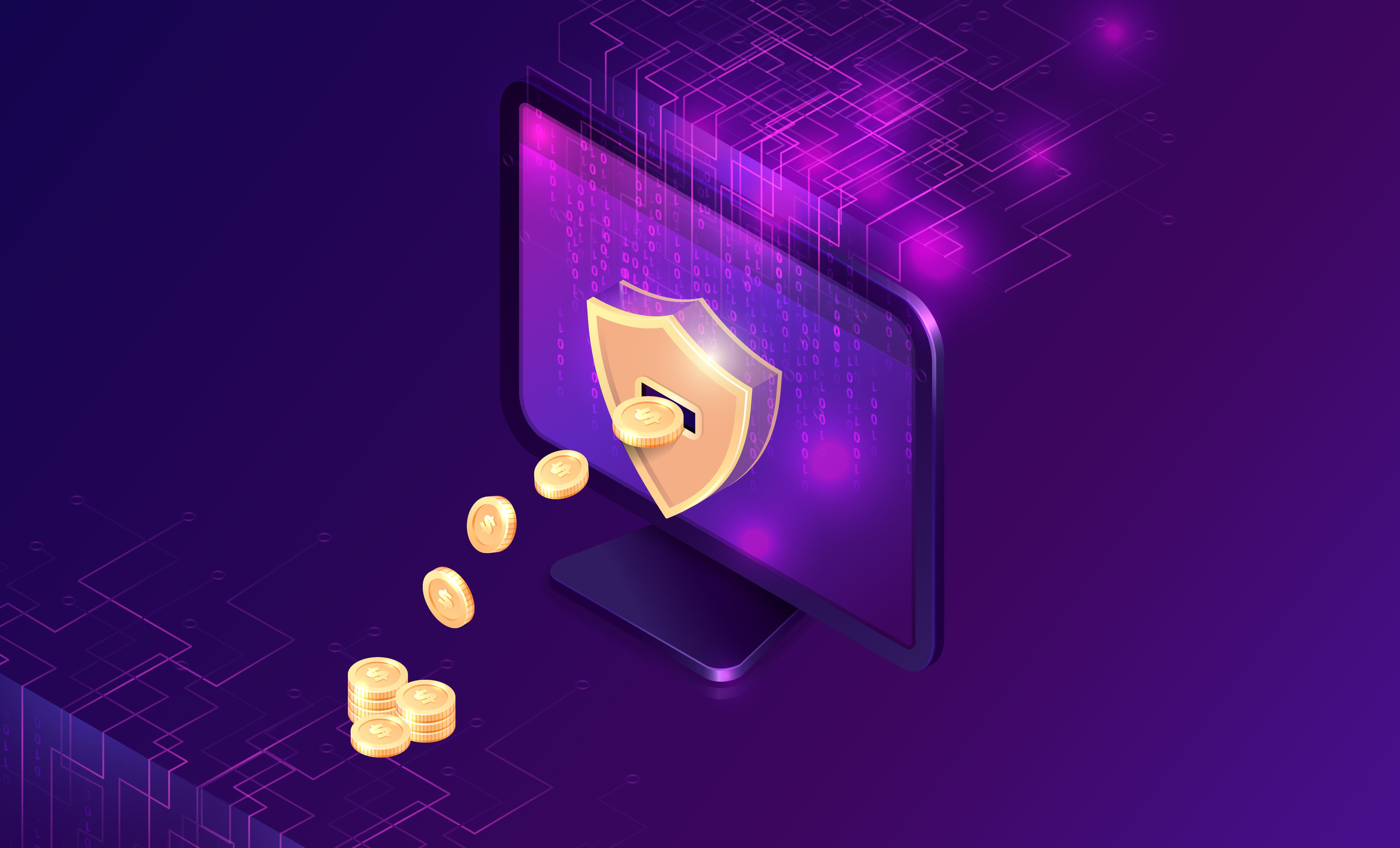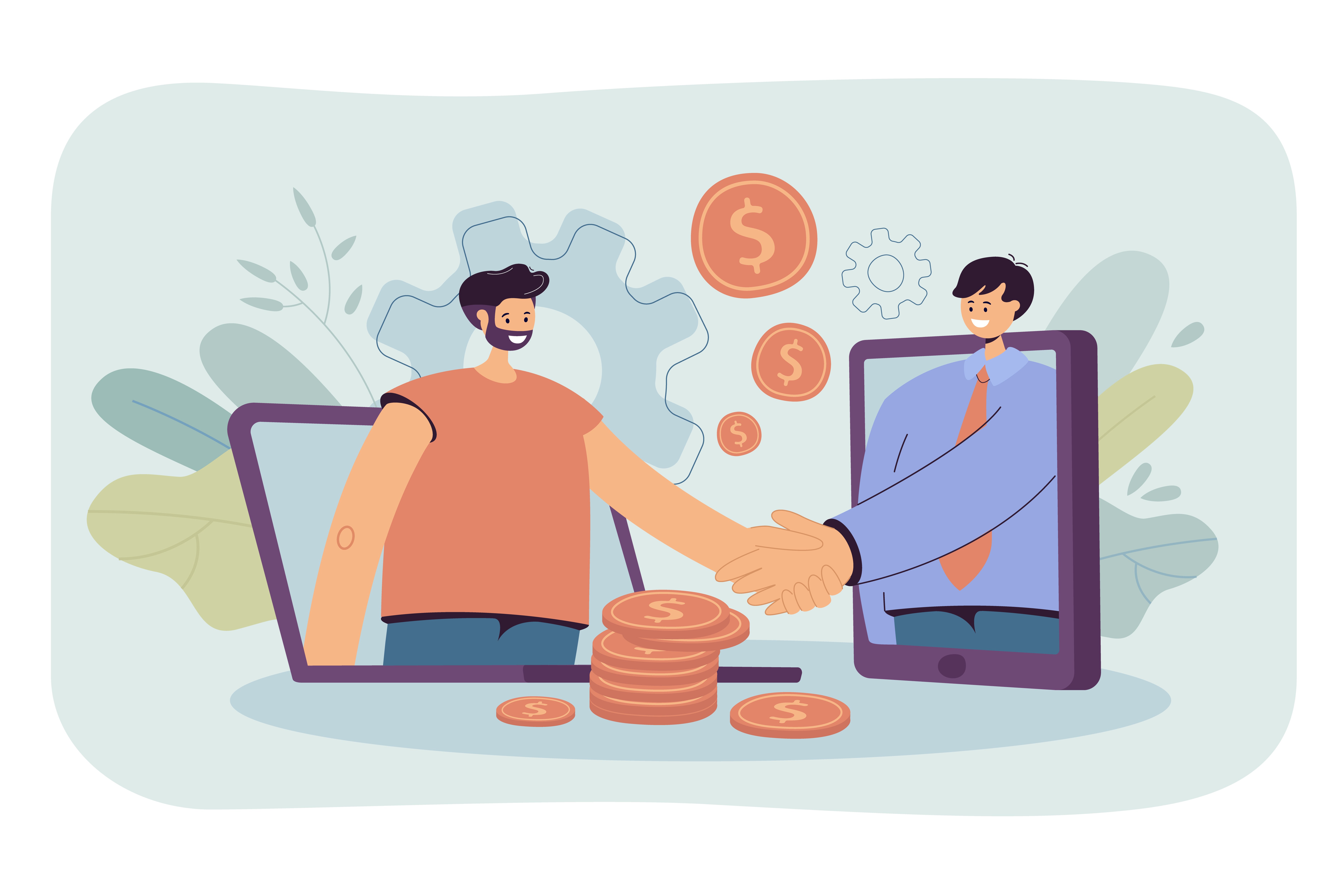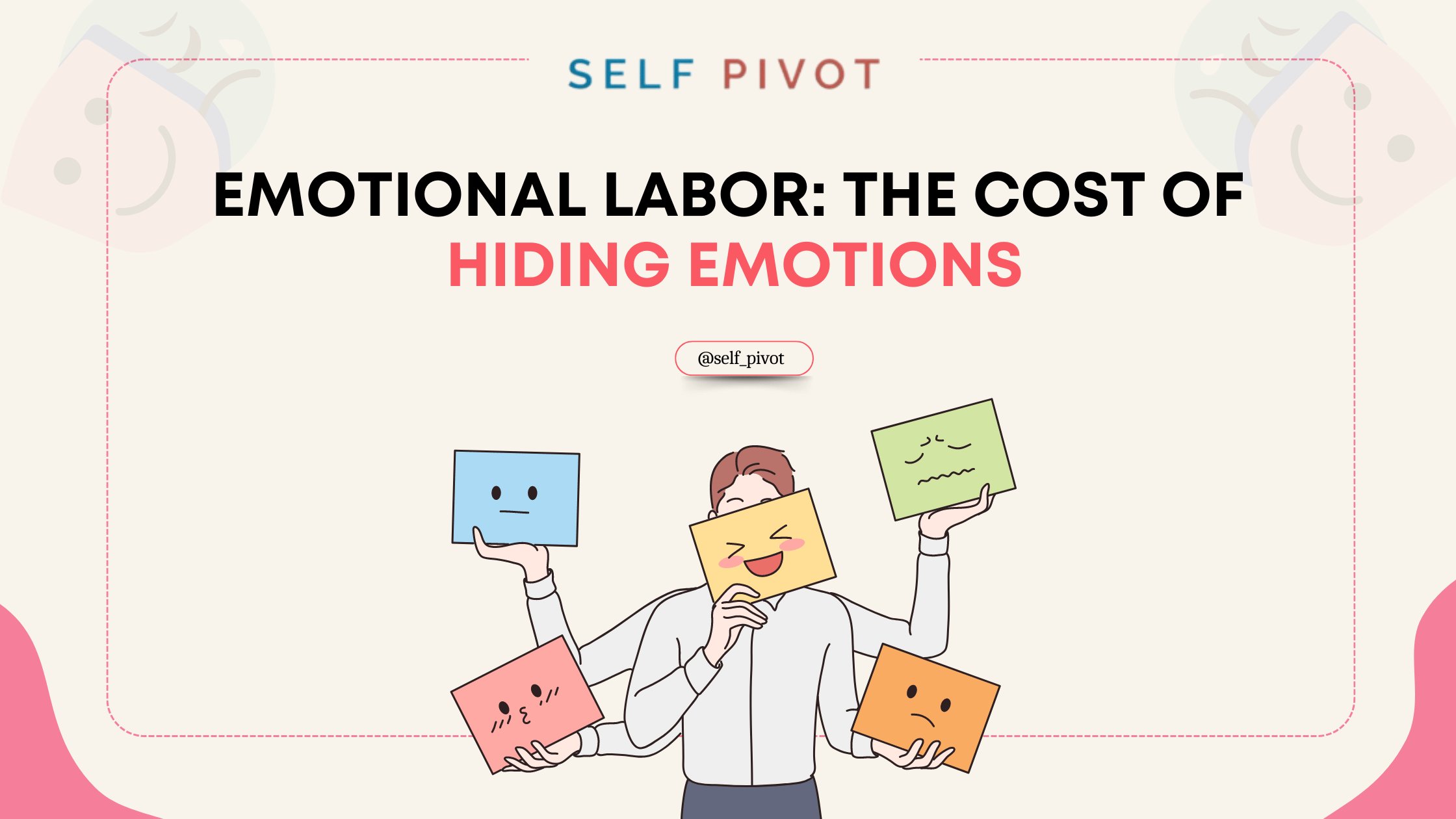Why is Tokenization The Future?
The concept of tokenization pre-dates blockchain technology. The financial services industry has implemented some form of tokenization to protect clients’ confidential information since the 1970s.
This process has typically involved the conversion of sensitive information such as credit card numbers, social security numbers, and other personally identifiable information into a string of alphanumeric characters, which are then processed through a cryptographic function to create a unique token.
Tokenization
With Tokenization, you can convert your physical assets into tokens and trade them in exchanges. With blockchain, you can transfer the ownership of these assets without any third party or central finance entity. Crypto tokens are valuable for small businesses and individuals leveraging their existing assets.
The token is a representation of an asset or a utility. With blockchain technology, you can convert any valuable physical asset into a token. It can represent tangible assets like gold, and silver and intangible assets like ownership rights, and content licensing. Anything can be converted into an asset and can give value to someone.
Types of Asset tokenization
Real estate tokenization: Tokenization of real estate properties so that investors from around the world can purchase them.
Commodity tokenization: Investors hold tokens that represent shares in a company and when the asset price rises, investors get more returns.
Document tokenization: With document tokenization, you can tokenize venture capital funds and get better fundraising opportunities.
Metal Tokenization: Tokenization of precious tokens like gold, silver, and cars to get more investors for your project.
Utility tokenization: Tokenization of illiquid assets to increase their trade margins, and convert them into cash hassle-free.
Security tokenization: Security tokens represent transferred ownership rights and asset ownership rights to a blockchain.
Why digital Tokenization
Liquidity: After tokenization, the assets are available to a larger audience. Assets are tokenized so that they can be freely exchanged online, allowing investors to get fractional ownership of the token's underlying asset. Therefore, token helps increase the existing market and provides wider investment opportunities for investors.
Faster and cheaper transactions: Tokens eliminate the need for third parties and intermediaries. This reduces the time for transaction processing and also reduces transaction costs. This ensures simpler and cost-effective transactions. Since tokens are available on blockchains, they can be sold to anyone, anywhere around the world.
Transparency: Tokens are available on the blockchain and therefore users can easily trace the ownership of the tokens. All transactions are recorded on the blockchain which ensures the authenticity of each token’s history. Due to this, tokens are more reliable than other tokens available in the market.
Token creation process
- Select the asset to be tokenized.
- Define the token type, like security token, utility token, and NFT.
- Analyze legal regulations for tokenization related to the asset.
- Create tokenamics for the tokenized asset, which determines the token supply, value, characteristics, demand, and rights associated with the token.
- Choose the right blockchain for the token
- Develop smart contracts to determine the behavior of the token.
- Develop blockchain-based Dapps for asset management for token issuers and buyers.
- Integrating tokens with required systems like crypto wallet, accounting software, payment gateways, and KYC regulations.
- Token issuance in the form of ICO, IDO, and STO on a decentralized platform for it to be purchased by investors.
Types of tokenization platforms
Some of the popular asset tokenization available in the market are
Financial gains with tokenization:
- With increased liquidity of the company’s assets, tokenization increases their growth and reduces hurdles in investment
- Elimination of third-party services and therefore tokenization with peer-to-peer trading has low transaction costs in the transfer of ownerships.
- With smart chain-based transactions, token-related transactions eliminate human involvement. Which helps to optimize employee workload and reduce labor costs.
- Zero to negligible chances for financial losses due to scams and fraudulent activities.
Tokenization is changing the way the world looks at the value of assets. With blockchain technology, any asset or service can be stored in a blockchain. This democratises access to assets and also provides transparency and security for assets. The usage and sales of crypto tokens vary from country to country. More and more countries are coming forward to work terms for a borderless global value system. The future for tokenization of assets is looking encouraging. You can also be a part of this lucrative and revenue-generating venture of tokenization. You can develop a tokenization platform with a tokenization platform service available in the market, which provides robust quality management and security.














